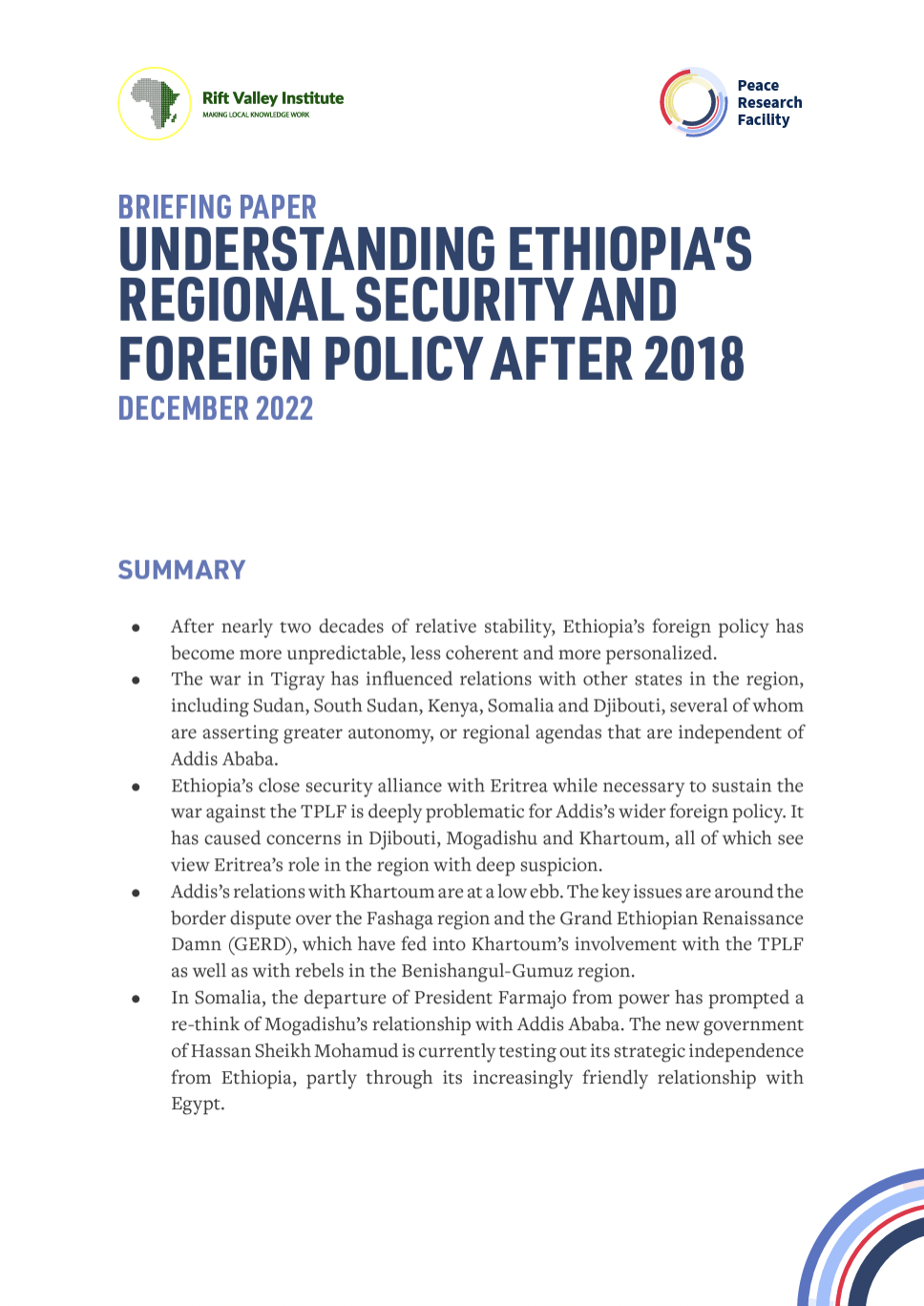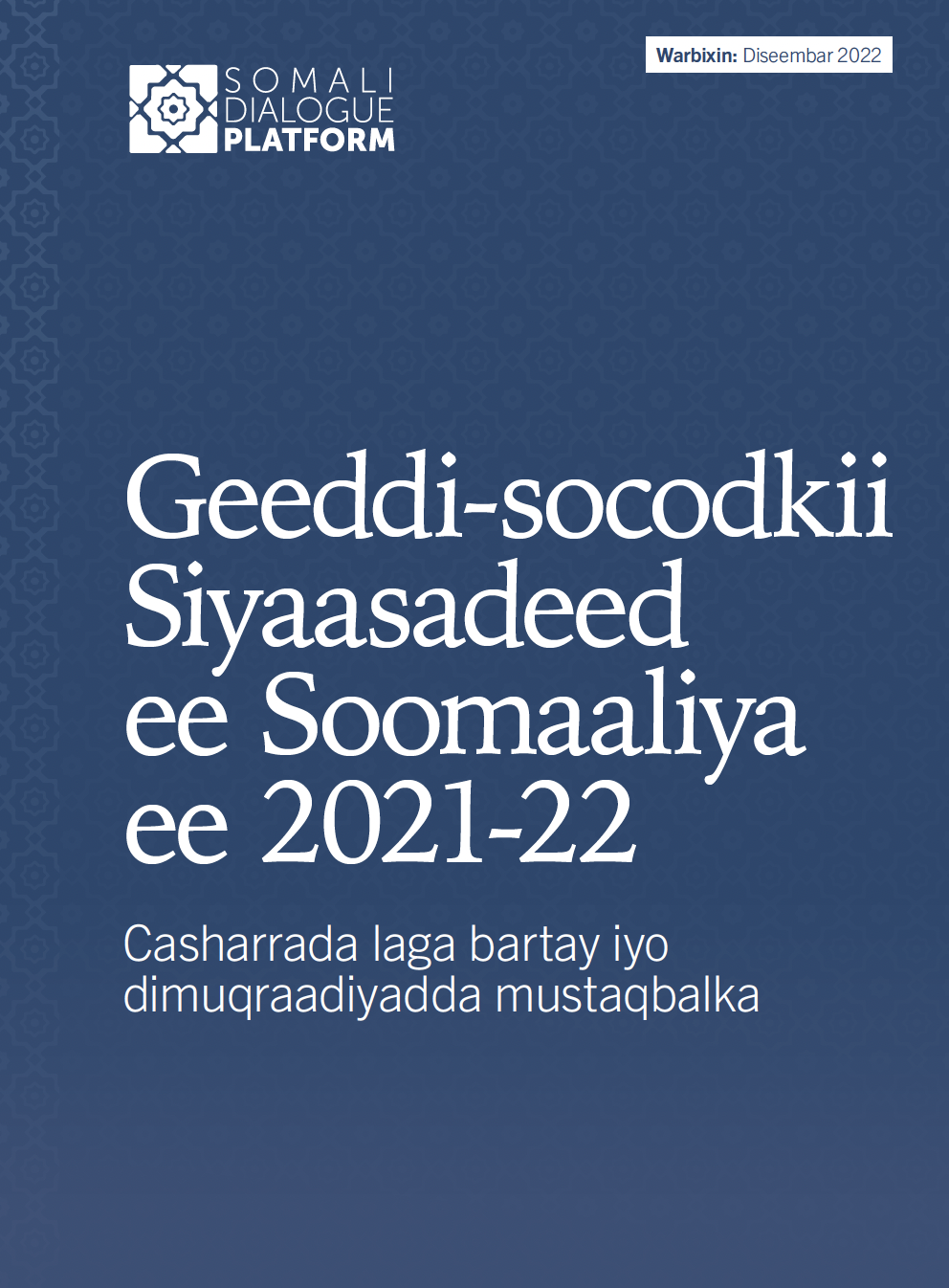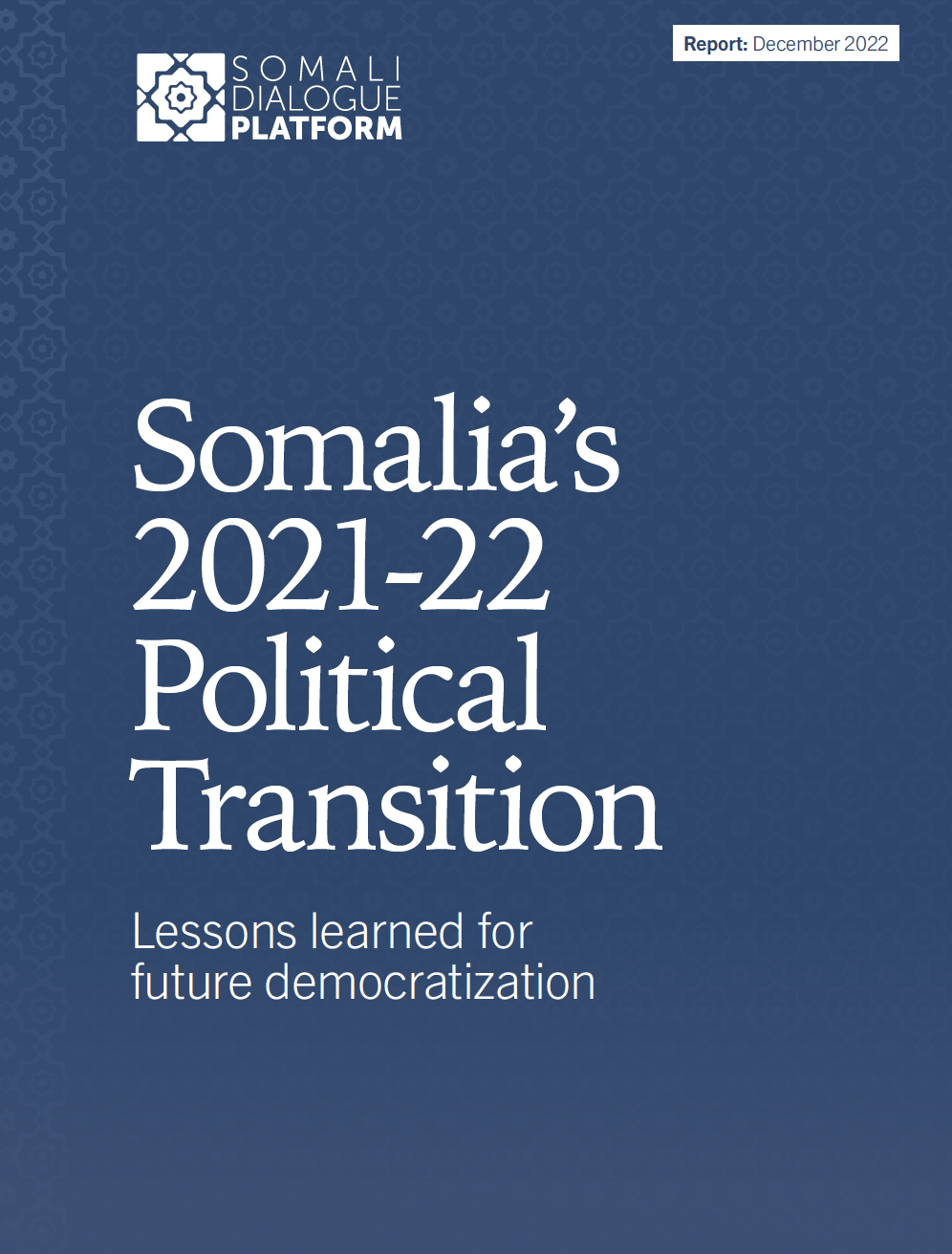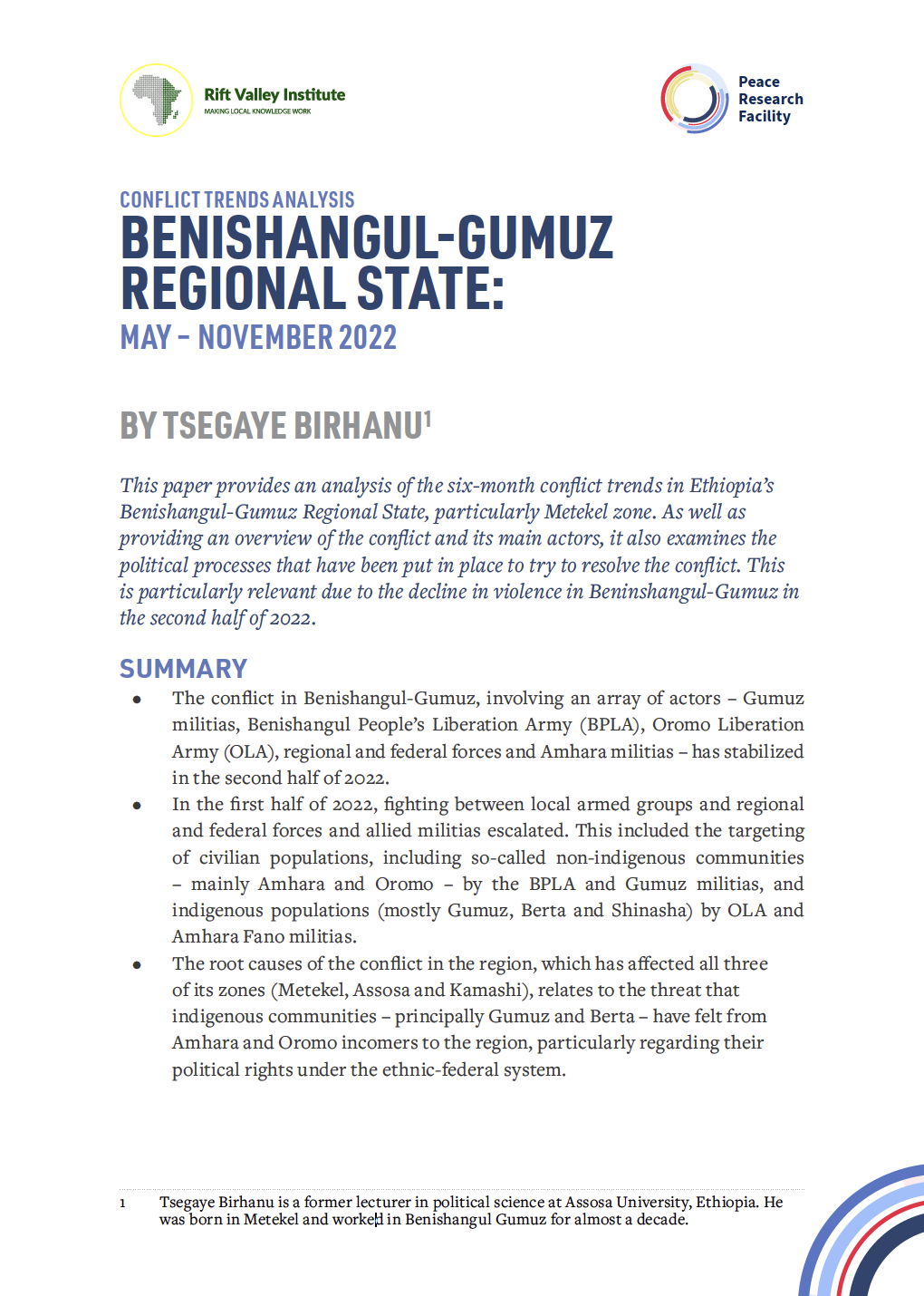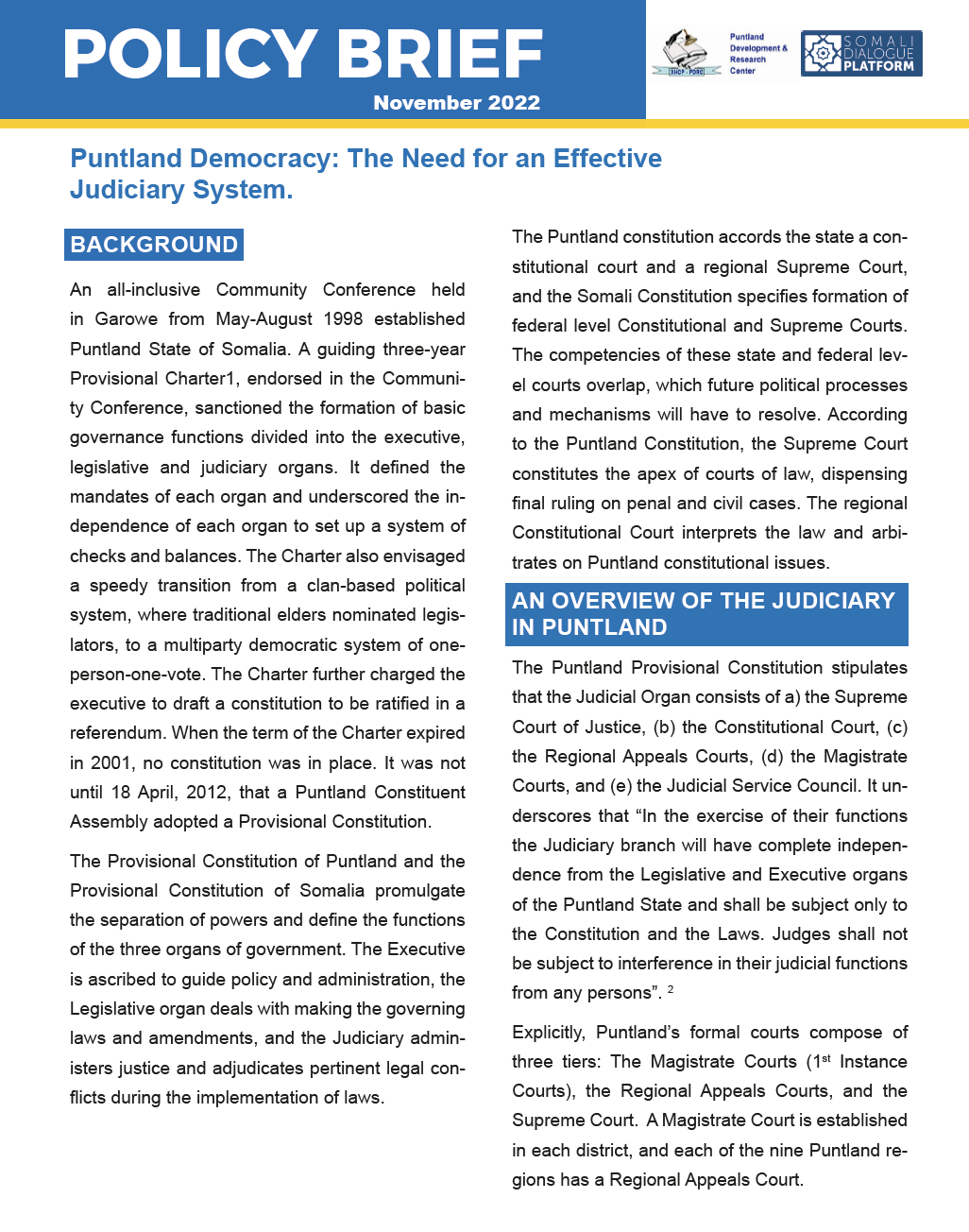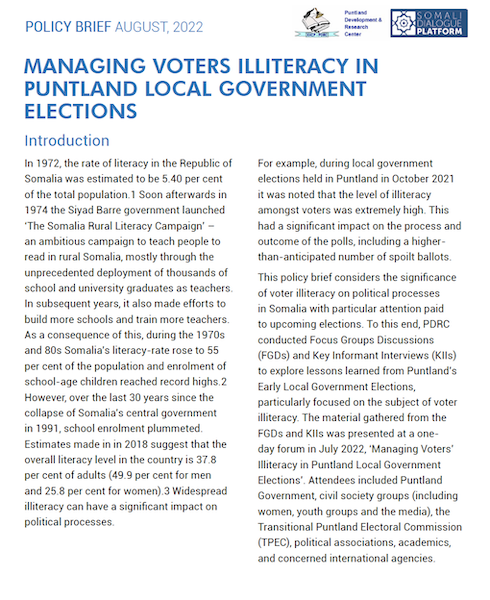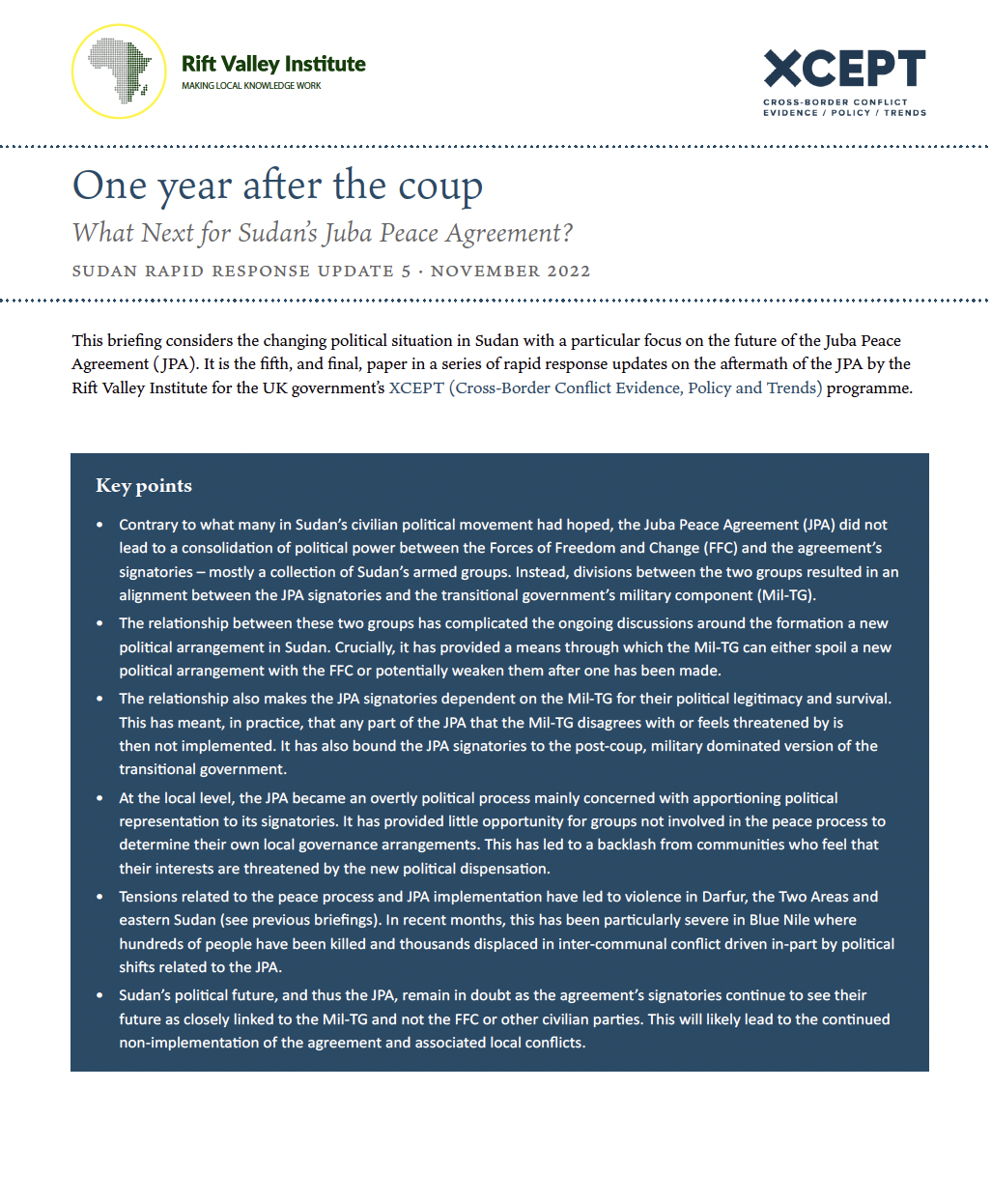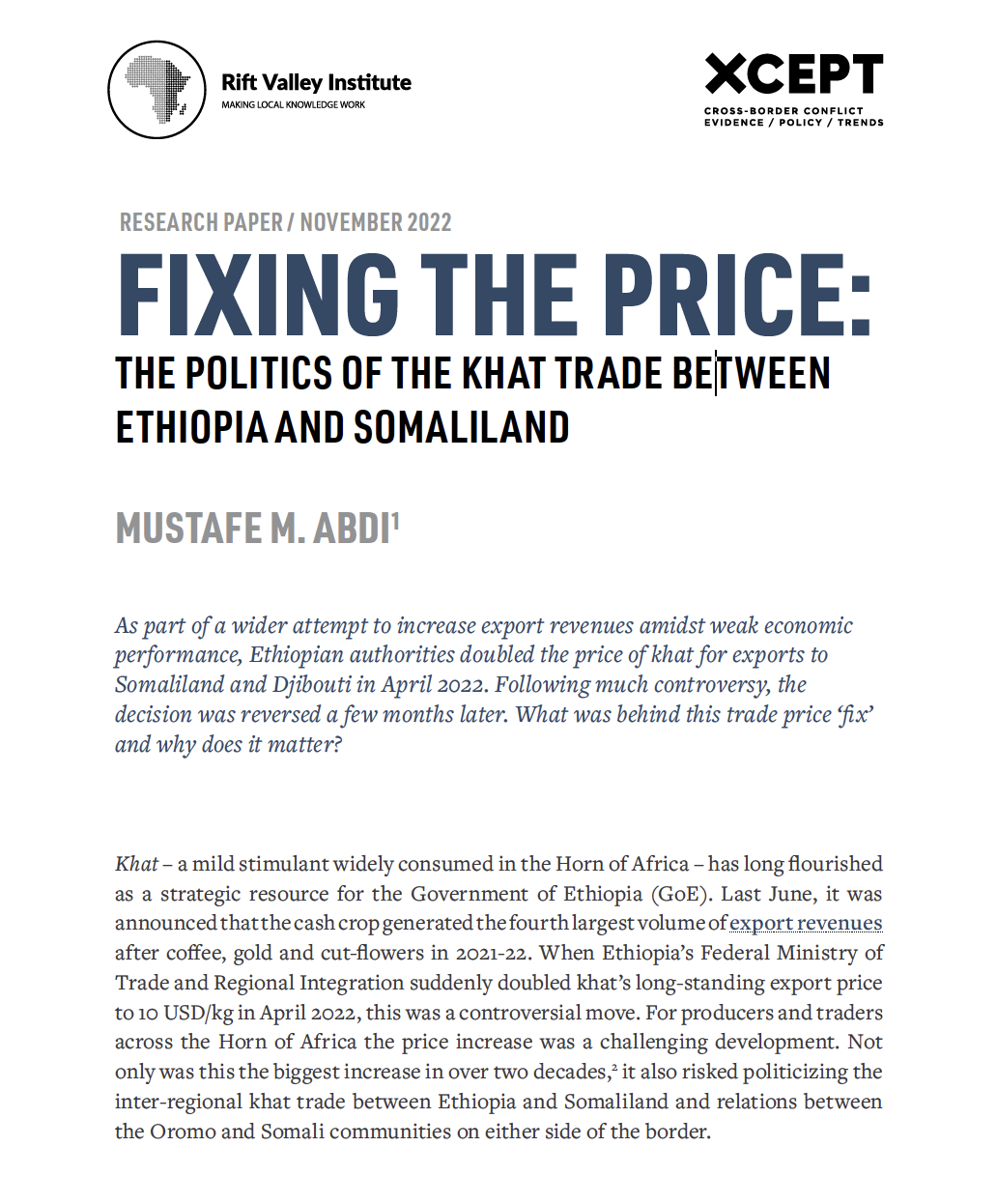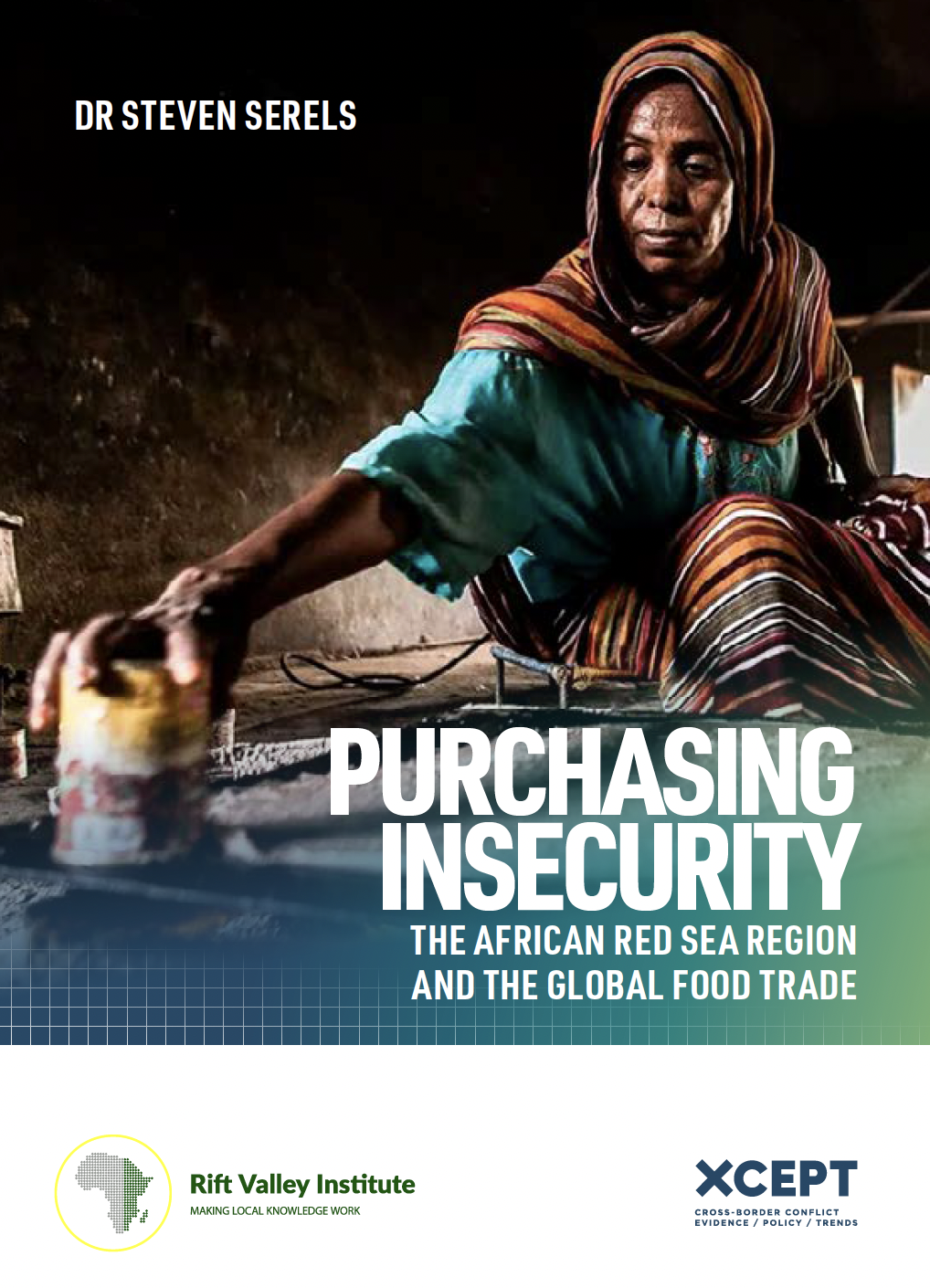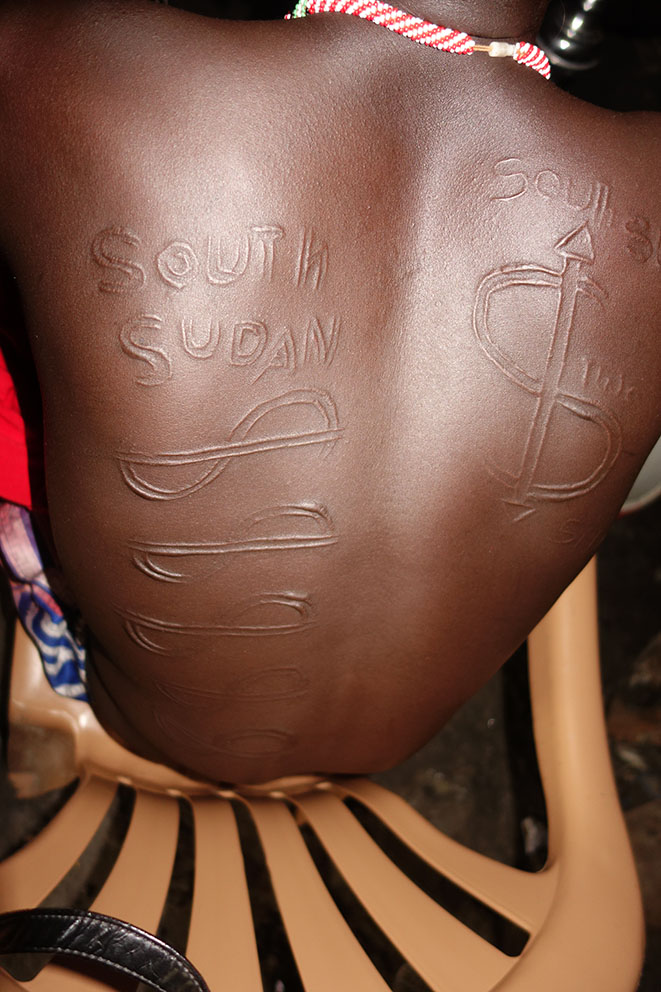
- By Diana Felix da Costa, John Boloch Kumen
- Download
This blog post discusses how the Murle social institution of age-sets (sometimes known as generations) has, in recent years, been fragmenting and is becoming increasingly militarized. Body scarification is a valuable lens through which to view these transformations, as…

